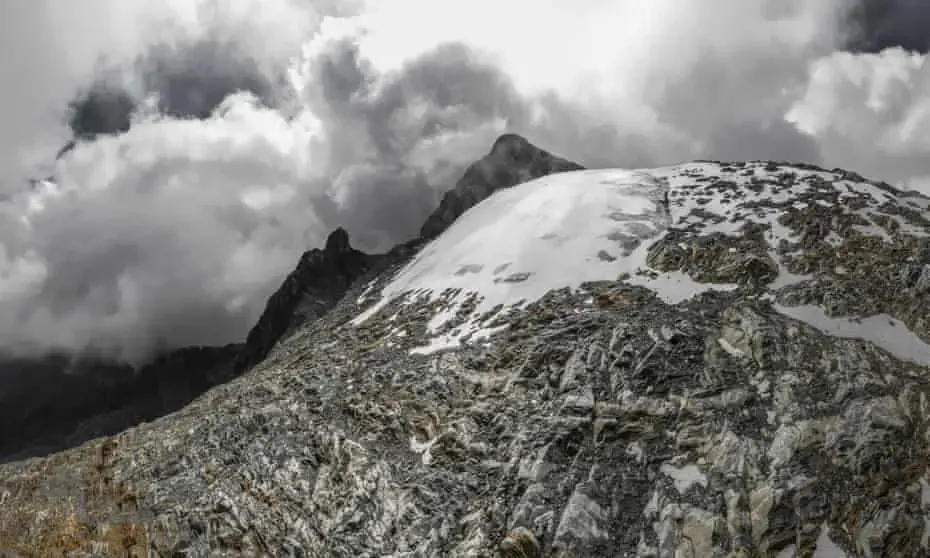Situated in the Sierra Nevada de Mérida mountain range, at an altitude of about 5,000 meters above sea level, Venezuela was once home to six glaciers. However, the landscape changed drastically over the years, with five glaciers disappearing by 2011, leaving only the Humboldt glacier standing near the country's second-highest peak, Pico Humboldt.
Initially projected to endure for another decade, the Humboldt glacier melted at an alarming rate, catching scientists by surprise. Political turmoil in the country hindered regular monitoring of the site, leading to limited awareness of the glacier's rapid decline.
Maximiliano Herrera, a climatologist and weather historian, expressed concern over the loss, stating, "Other countries lost their glaciers several decades ago after the end of the little ice age, but Venezuela is arguably the first one to lose them in modern times."
Recent assessments revealed that the Humboldt glacier had shrunk to less than 2 hectares, prompting its reclassification from a glacier to an ice field. Luis Daniel Llambi, an ecologist at Adaptation at Altitude, emphasized the glacier's dwindling size, noting, "Our last expedition to the area was in December 2023, and we did observe that the glacier had lost some 2 hectares from the previous visit in 2019, down from 4 hectares to less than 2 hectares now."
The impact of climate change, exacerbated by the recent El Niño climate phenomenon, contributed to the accelerated demise of the Humboldt glacier. "In the Andean area of Venezuela, there have been some months with monthly anomalies of +3C/+4C above the 1991-2020 average, which is exceptional at those tropical latitudes," explained Herrera.
The loss of the Humboldt glacier not only signifies environmental change but also holds cultural significance for Venezuelans. Caroline Clason, a glaciologist and assistant professor at Durham University, remarked, "The loss of La Corona marks the loss of much more than the ice itself, it also marks the loss of the many ecosystem services that glaciers provide, from unique microbial habitats to environments of significant cultural value."
Efforts to preserve the glacier, such as installing a thermal blanket to mitigate further melting, have been deemed futile by experts. Despite these efforts, Venezuela's glaciers have ultimately succumbed to the effects of climate change.
Llambi reflected on the broader implications of the glacier's disappearance, stating, "That Venezuela has now lost all its glaciers really symbolizes the changes we can expect to see across our global cryosphere under continued climate change."
The loss of Venezuela's glaciers serves as a poignant reminder of the urgent need for climate action. As countries like Indonesia, Mexico, and Slovenia face the imminent loss of their glaciers, the global community must unite to address the root causes of climate change and mitigate its impact on our planet's fragile ecosystems.
In conclusion, Venezuela's farewell to its last glacier marks a pivotal moment in environmental history. The Humboldt glacier's transformation into an ice field highlights the devastating effects of climate change and underscores the importance of concerted efforts to preserve our planet for future generations.

